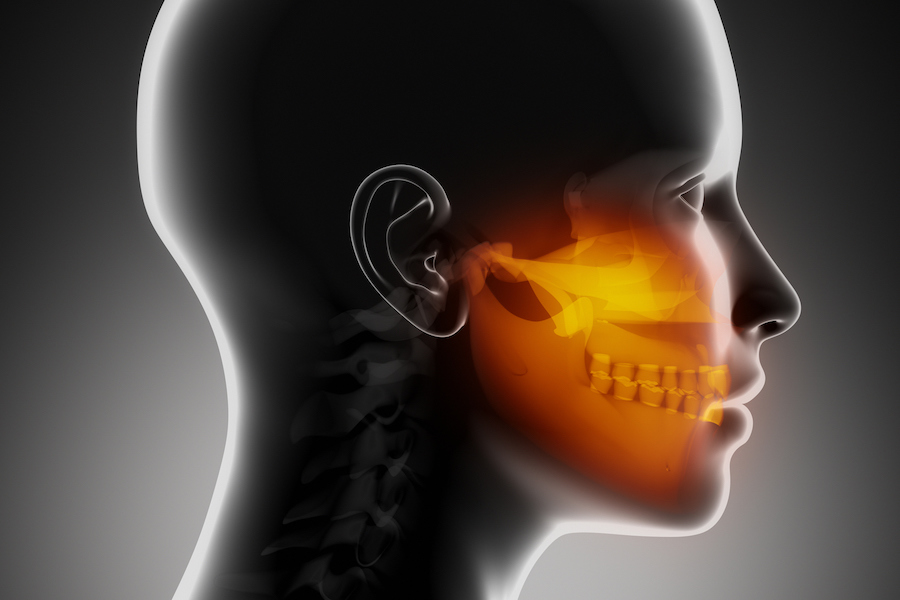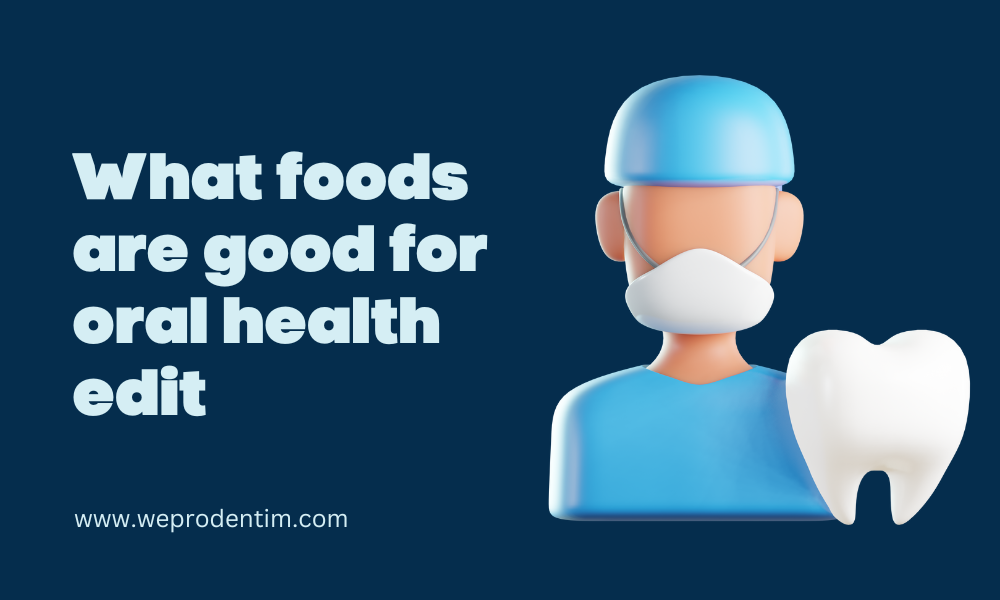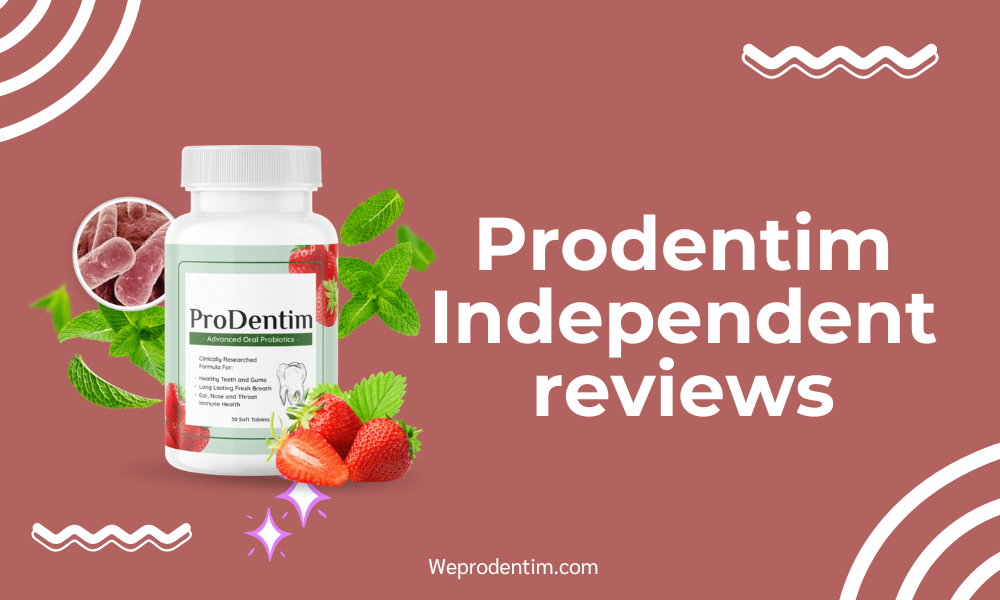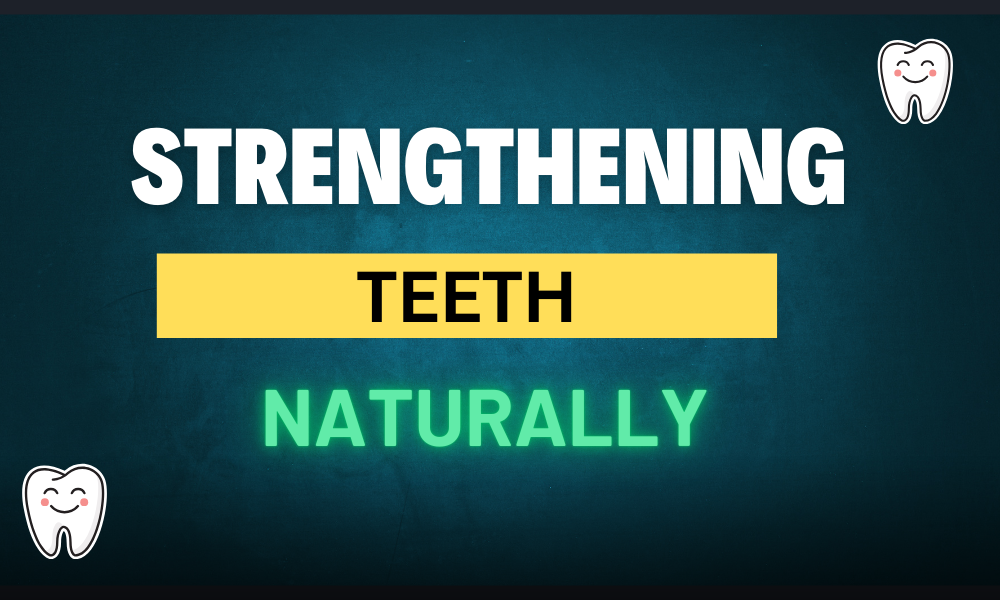The Importance of Oral Health: A Comprehensive Guide
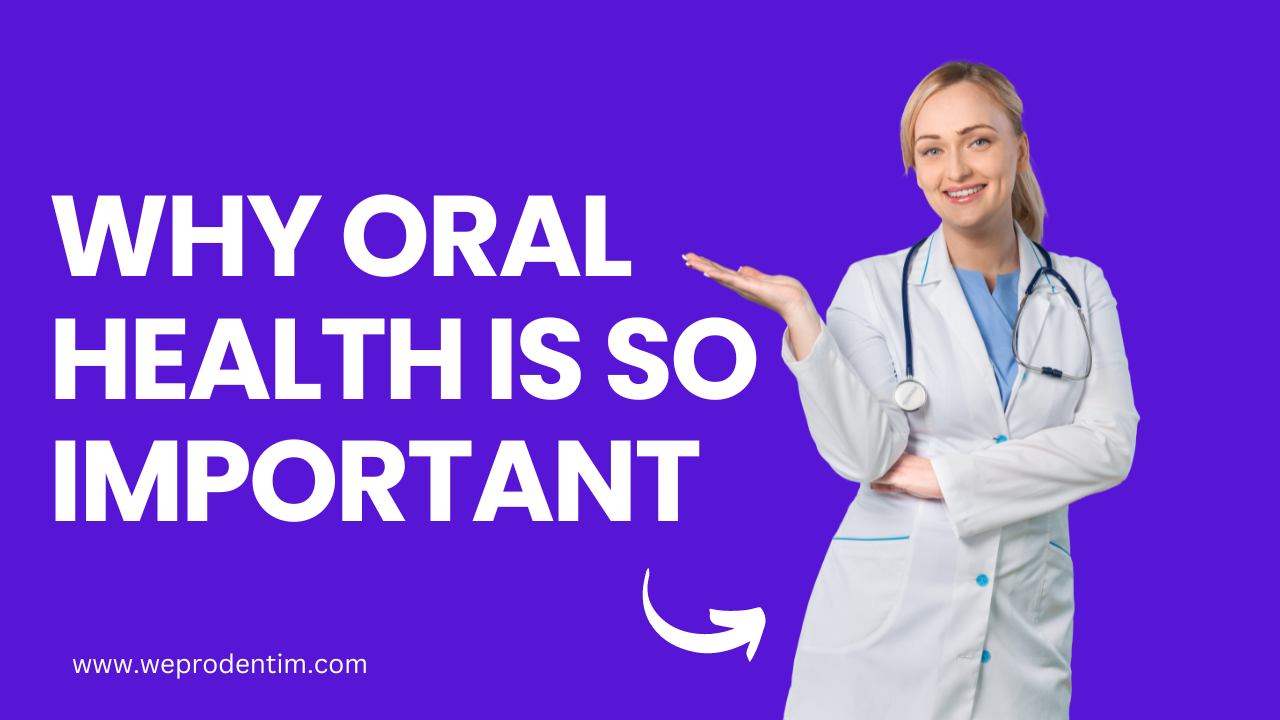
Oral health is a cornerstone of overall well-being, yet it often gets overlooked in the hustle and bustle of daily life. Maintaining good oral hygiene goes beyond having a bright smile; it plays a crucial role in our overall health. Here’s why oral health is so important and what you can do to keep your mouth, teeth, and gums in top condition.
1. Preventing Oral Diseases
Oral health issues such as cavities, gum disease, and tooth decay are not only painful but can also lead to more serious health problems if left untreated. Regular brushing, flossing, and dental check-ups are essential in preventing these common conditions. By taking care of your teeth and gums, you can avoid the discomfort and expense of extensive dental procedures.
2. Impact on Overall Health
The mouth is a gateway to the rest of the body, and poor oral health can contribute to a range of health problems. Studies have shown links between oral health and serious conditions such as cardiovascular disease, diabetes, and respiratory infections. Bacteria from the mouth can enter the bloodstream, potentially causing inflammation and infections in other parts of the body.
3. Boosting Self-Esteem and Confidence
A healthy smile can significantly impact your self-esteem and confidence. Oral health issues like bad breath, stained teeth, or missing teeth can make you self-conscious and affect your social interactions and professional life. Maintaining good oral hygiene helps ensure you can smile, speak, and eat with confidence.
4. Improving Digestion
Digestion begins in the mouth. Proper chewing of food is essential for good digestion, and healthy teeth and gums are necessary for effective chewing. Poor oral health can lead to tooth pain and loss, which can hinder your ability to chew food properly, leading to digestive issues.
5. Protecting Against Pain and Discomfort
Toothaches and gum infections can cause significant pain and discomfort, affecting your ability to eat, speak, and sleep. Preventive oral care practices help avoid these painful conditions and ensure you can enjoy a pain-free life.
6. Early Detection of Health Issues
Regular dental visits allow for the early detection of oral and other health issues. Dentists can spot signs of nutritional deficiencies, general infections, and even some cancers during routine exams. Early detection often leads to better treatment outcomes and can save lives.
Tips for Maintaining Good Oral Health
- Brush Regularly: Brush your teeth at least twice a day with fluoride toothpaste. Make sure to brush all surfaces of your teeth and your tongue.
- Floss Daily: Flossing removes plaque and food particles from between your teeth and under the gumline, where your toothbrush can’t reach.
- Use Mouthwash: Mouthwash can help reduce plaque, prevent gingivitis, and freshen your breath.
- Eat a Balanced Diet: Limit sugary foods and drinks, and eat a diet rich in fruits, vegetables, and whole grains to promote healthy teeth and gums.
- Visit Your Dentist Regularly: Schedule regular dental check-ups and cleanings to maintain oral health and catch any issues early.
- Avoid Tobacco: Tobacco use can lead to gum disease, tooth decay, and oral cancer. Quitting smoking or chewing tobacco can significantly improve your oral health.
Conclusion
Oral health is an integral part of your overall health and well-being. By prioritizing oral hygiene and seeking regular dental care, you can prevent many health issues and enjoy a higher quality of life. Remember, a healthy mouth is a foundation for a healthy body. So, take the time to care for your teeth and gums, and reap the benefits of a radiant smile and robust health.
